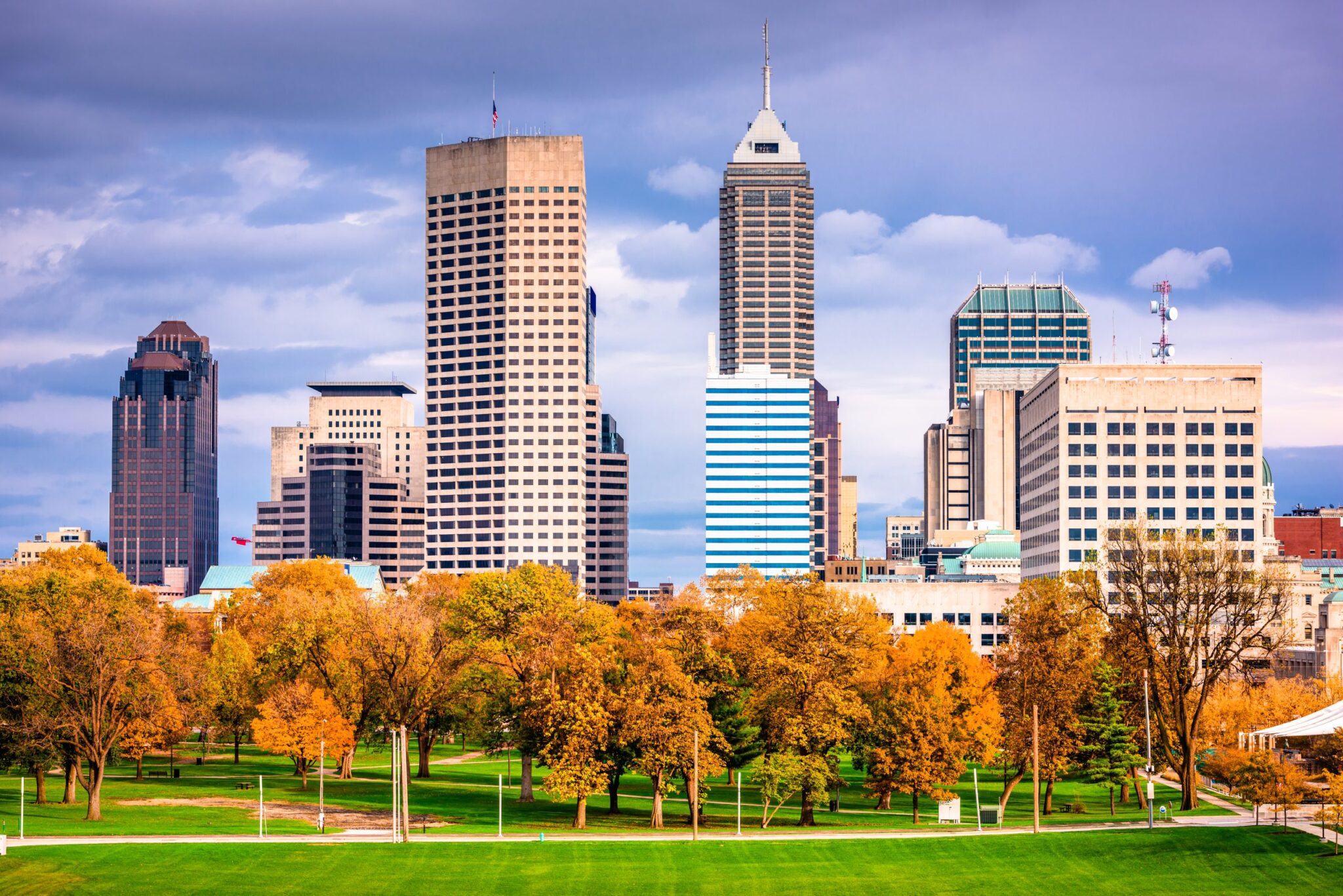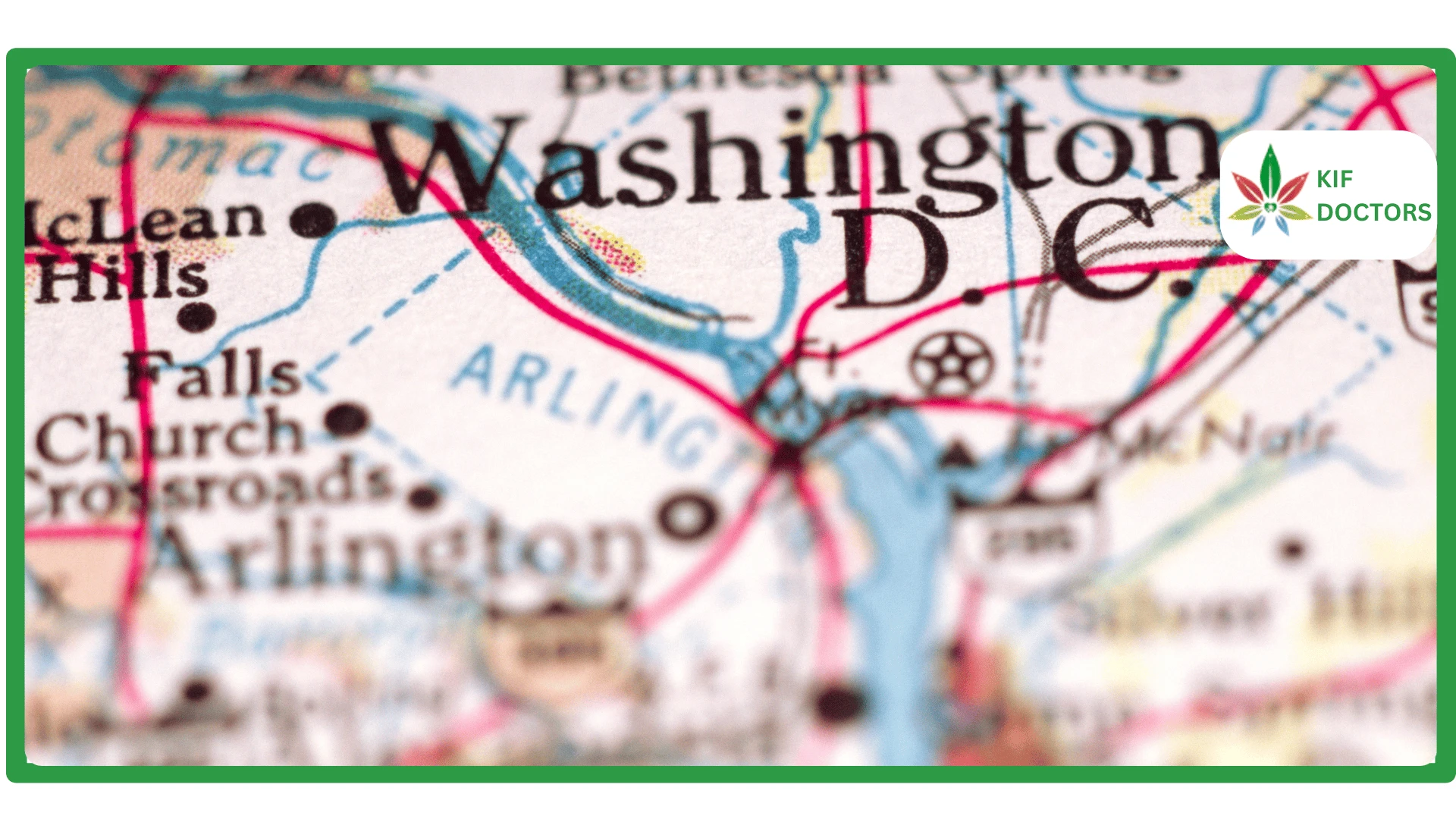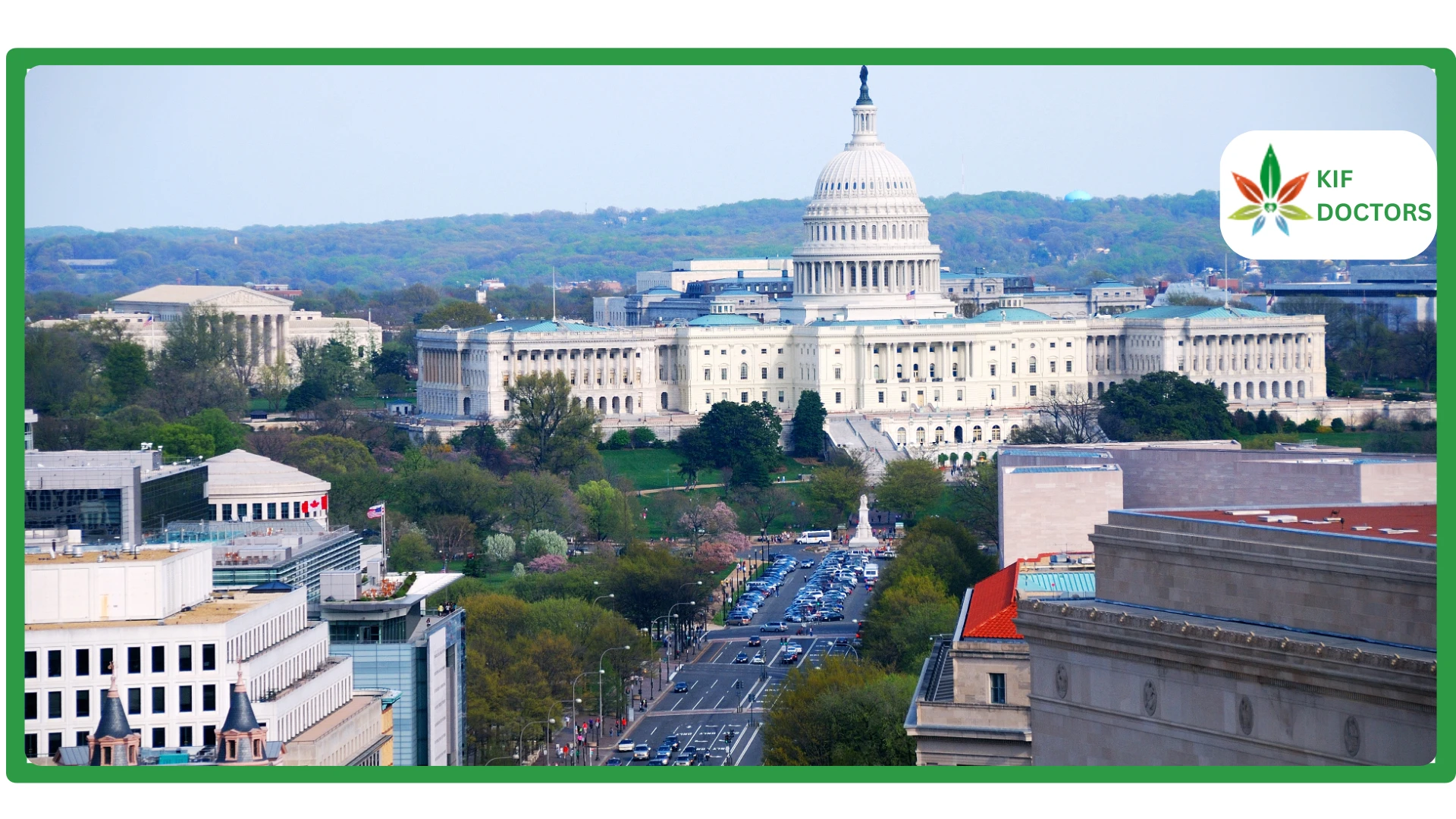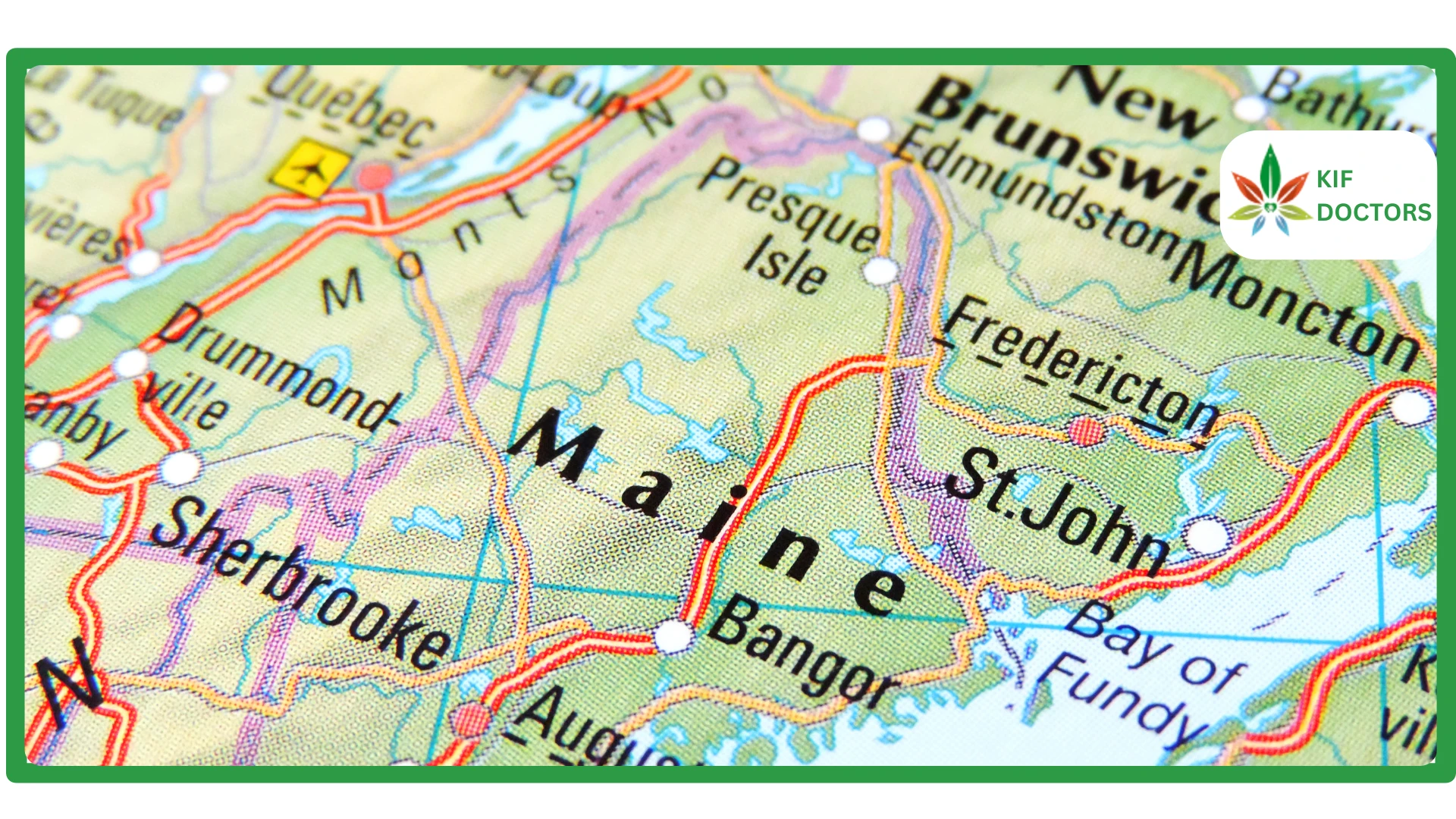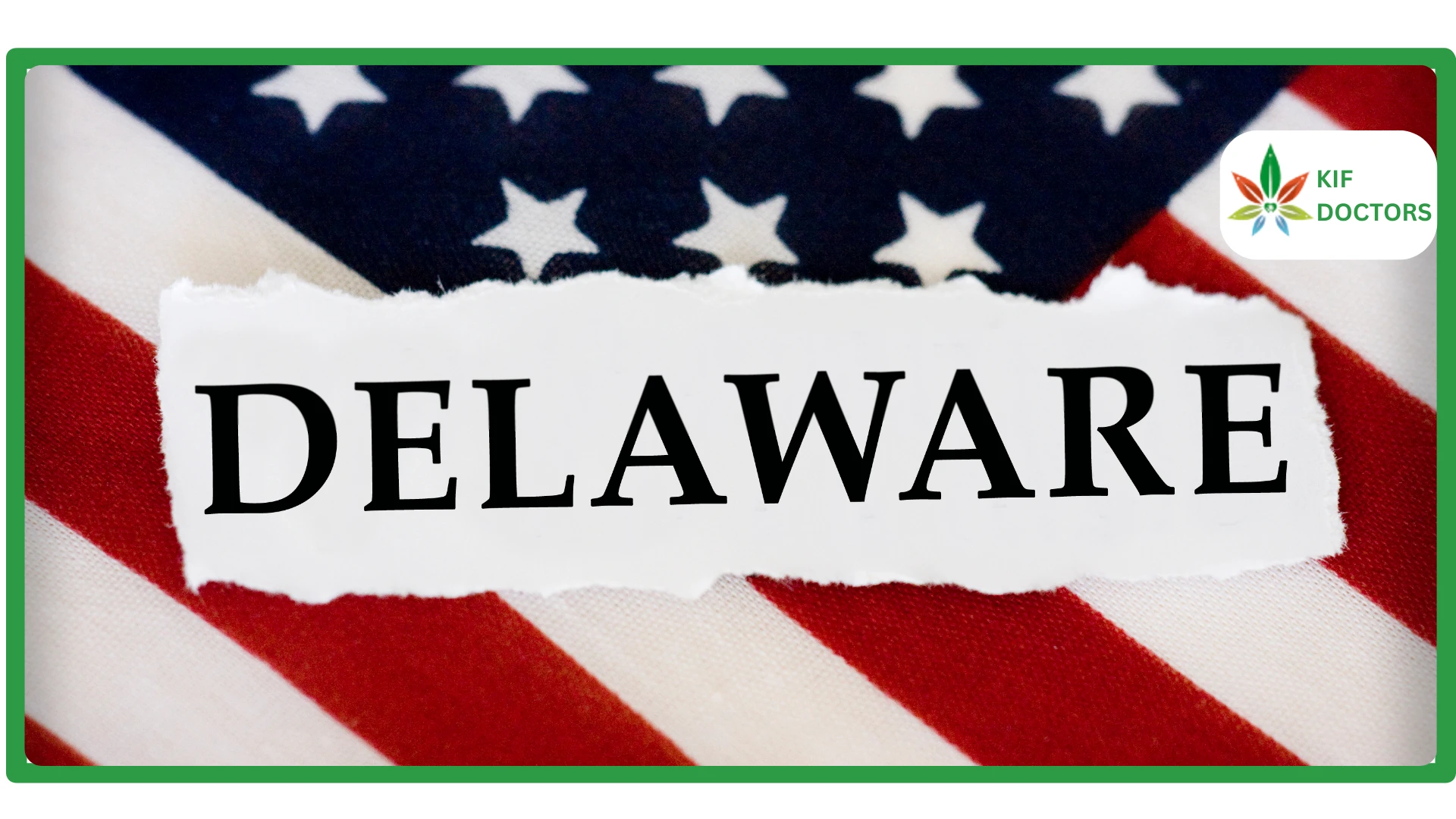Indiana’s approach to cannabis reflects a cautious stance rooted in its conservative values, yet it exists in a region where neighboring states have embraced more lenient policies. For Hoosiers curious about the legal status of marijuana, navigating the state’s laws can feel like a maze. Recreational marijuana remains illegal, and Indiana is one of the few states without a comprehensive medical cannabis program. However, hemp-derived CBD offers a legal alternative for those seeking relief. This guide provides a thorough overview of Indiana’s cannabis laws, penalties, hemp regulations, and the potential for future reform. Whether you’re a resident, visitor, or simply interested in the state’s policies, here’s everything you need to know about cannabis in Indiana, based on the latest information available.
Recreational Marijuana in Indiana: Illegal and Strictly Enforced
In Indiana, recreational marijuana is illegal and classified as a Schedule I controlled substance under state law, aligning with federal regulations. This designation indicates that marijuana is considered to have a high potential for abuse and no accepted medical use, leading to stringent penalties for possession, use, or distribution.
Possession of even small amounts of marijuana carries significant consequences. The penalties depend on the amount and intent:
- Possession of up to 30 grams: A Class B misdemeanor, punishable by up to 180 days in jail and a fine of up to $1,000.
- Possession of more than 30 grams: A Class A misdemeanor, with up to 1 year in jail and a fine of up to $5,000.
- Possession with intent to sell (any amount): A Level 6 felony, carrying 6 months to 2.5 years in prison and fines up to $10,000. Larger quantities can escalate to Level 5 or higher felonies, with up to 7 years in prison.
Indiana’s proximity to states like Michigan and Illinois, where recreational marijuana is legal, creates challenges. Many residents cross state lines to purchase cannabis legally, but bringing it back to Indiana is illegal and risky. Law enforcement agencies, particularly in border counties, are vigilant, and possession of out-of-state marijuana carries the same penalties as locally sourced cannabis. Additionally, Indiana’s “smoking” law treats smoking marijuana in public or in a vehicle as a separate Class B misdemeanor, adding another layer of enforcement.
Despite these strict laws, public sentiment is shifting. A 2022 Ball State University poll found that 56% of Hoosiers support legalizing recreational marijuana, with stronger support among younger voters. However, legislative efforts to decriminalize or legalize recreational use, such as House Bill 1039 in 2023, have consistently failed to gain traction in the Republican-dominated General Assembly. Lawmakers cite concerns about public health, youth access, and increased crime, though advocates argue that legalization could reduce black-market activity and generate significant tax revenue.
Medical Marijuana in Indiana: No Comprehensive Program
Unlike 38 other states, Indiana does not have a comprehensive medical marijuana program. Efforts to legalize medical cannabis have been introduced repeatedly in the state legislature, but none have succeeded. Bills like Senate Bill 209 in 2023, which proposed a medical cannabis pilot program for patients with serious conditions, stalled in committee due to opposition from key lawmakers and Governor Eric Holcomb. The governor has stated he will not support medical marijuana until it is federally legalized, citing conflicts between state and federal law.
This absence of a medical program leaves patients with debilitating conditions, such as epilepsy, cancer, or chronic pain, with limited options. Some Hoosiers travel to neighboring states like Michigan or Illinois to access medical cannabis legally, but they cannot bring it back to Indiana without risking arrest. Others turn to unregulated markets, which pose health and legal risks due to the lack of oversight.
Advocates for medical cannabis argue that a regulated program could provide safe access to patients while reducing reliance on opioids, which have fueled Indiana’s overdose crisis. A 2021 study from Indiana University estimated that medical cannabis legalization could generate $100 million in annual tax revenue and create thousands of jobs. Despite these arguments, opposition from conservative lawmakers and concerns about federal enforcement remain significant barriers.
Hemp and CBD: A Legal Pathway
While marijuana remains off-limits, Indiana has embraced hemp-derived products following the 2018 federal Farm Bill, which legalized hemp with 0.3% or less THC. In 2018, Indiana passed Senate Enrolled Act 52, aligning state law with federal standards and allowing the production, sale, and use of hemp-derived CBD products without a prescription or medical card.
CBD products, such as oils, tinctures, gummies, and topicals, are widely available in Indiana at pharmacies, health stores, and online retailers. These products must meet strict requirements:
- THC content must not exceed 0.3%.
- Products must include a scannable QR code or website link to a certificate of analysis verifying THC levels and the absence of contaminants.
- Retailers must be licensed by the state to sell CBD products.
Consumers should be cautious, as the CBD market is not heavily regulated. Some products may contain higher THC levels than advertised, potentially leading to legal issues if tested by law enforcement. Purchasing from reputable retailers and checking lab reports is essential to ensure compliance and safety.
Indiana also permits the cultivation and processing of industrial hemp under a state-regulated program overseen by the Office of the Indiana State Chemist. Farmers must obtain a license and adhere to testing protocols to ensure crops meet THC limits. This program has grown steadily, with over 1,000 acres of hemp cultivated in 2023, supporting local economies and providing raw materials for CBD and other hemp-based products [Indiana State Chemist].
Delta-8 and Other Cannabinoids: A Gray Area
The rise of hemp-derived cannabinoids like delta-8 THC has created confusion in Indiana. Delta-8, a milder psychoactive compound derived from hemp, is technically legal under the 2018 Farm Bill because it contains 0.3% or less delta-9 THC. It is sold in vape shops, gas stations, and online, often in gummies or vape cartridges, and marketed as a legal alternative to marijuana.
However, Indiana lawmakers have scrutinized delta-8 due to its psychoactive effects and lack of regulation. In 2023, Senate Bill 377 proposed banning delta-8 and other hemp-derived THC products, arguing they pose risks to public health, especially for youth. The bill did not pass, but similar legislation is expected in future sessions. For now, delta-8 remains legal, but consumers should be aware of potential legal risks if law enforcement mistakes it for marijuana, as field tests cannot distinguish between delta-8 and delta-9 THC.
Other cannabinoids, such as CBG and CBN, are also gaining popularity and are legal as long as they comply with hemp regulations. These products are less controversial due to their non-psychoactive nature but still require careful sourcing to ensure compliance.
Penalties and Enforcement: What to Know
Indiana’s enforcement of marijuana laws is rigorous, particularly for recreational use. Beyond possession penalties, other cannabis-related offenses carry serious consequences:
- Driving under the influence of marijuana: A Class C misdemeanor, with up to 60 days in jail, a $500 fine, and a driver’s license suspension of up to 2 years.
- Cultivating marijuana: A Level 6 felony for small amounts, with up to 2.5 years in prison. Larger operations can lead to Level 5 felonies or higher.
- Paraphernalia possession: A Class C misdemeanor, with up to 60 days in jail and a $500 fine, escalating to a Class A misdemeanor if linked to marijuana use.
Indiana’s zero-tolerance policy for THC in drug tests means that even trace amounts from legal CBD or delta-8 products can lead to charges, especially for DUI cases. This has raised concerns among CBD users, who may inadvertently test positive due to mislabeled products.
Some counties, like Marion County (home to Indianapolis), have adopted more lenient policies for low-level possession. In 2020, the Marion County Prosecutor’s Office announced it would not prosecute cases involving less than 1 ounce of marijuana unless there’s evidence of intent to sell or other aggravating factors. However, this policy is not statewide, and rural counties often enforce stricter measures.
Workplace and Public Use Considerations
Indiana offers no legal protections for marijuana use in the workplace, even for CBD or delta-8 products. Employers can maintain drug-free policies and terminate employees for testing positive for THC, regardless of whether the use was legal or off-duty. This is particularly relevant for jobs requiring federal compliance, such as transportation or government contracting, where THC use is strictly prohibited.
Public use of marijuana, including smoking or vaping, is illegal and treated as a misdemeanor. CBD products are generally safe for public use, but users should avoid consuming them in ways that resemble marijuana use (e.g., vaping in public) to prevent misunderstandings with law enforcement.
The Future of Cannabis in Indiana
Indiana’s cannabis policy is at a crossroads. Public support for both medical and recreational legalization is growing, driven by younger voters and the economic success of cannabis programs in neighboring states. Michigan, for example, generated over $1 billion in cannabis sales in 2023, with significant tax revenue funding schools and infrastructure. Advocates argue that Indiana could see similar benefits, estimating $150–$200 million in annual revenue from a regulated market.
Legislative momentum is building, albeit slowly. In 2024, the Indiana Senate passed a resolution urging a study of medical cannabis, signaling openness to exploring reform. Bipartisan bills, like House Bill 1049, have proposed legalizing medical cannabis for conditions like cancer, epilepsy, and PTSD, but they face resistance from conservative lawmakers and Governor Holcomb’s federalist stance.
Social justice is a key issue in the legalization debate. Black Hoosiers are 3.5 times more likely to be arrested for marijuana possession than white residents, despite similar usage rates. Decriminalization or legalization could reduce these disparities and alleviate pressure on the criminal justice system, which spends millions annually on low-level cannabis offenses.
Opponents, including law enforcement groups like the Indiana Sheriffs’ Association, argue that legalization could increase youth access, impaired driving, and emergency room visits, citing data from states like Colorado. However, a 2023 report from the Cato Institute found no significant rise in teen marijuana use in legalized states, challenging these concerns [Cato Institute].
Indiana’s hemp program is likely to expand, with growing interest in industrial applications like textiles and biofuels. Delta-8 and other cannabinoids may face stricter regulations, as lawmakers seek to close loopholes in the hemp market. For now, medical cannabis remains the most viable path to reform, with advocates hopeful for a pilot program by 2026.
How to Stay Compliant in Indiana
Navigating Indiana’s cannabis laws requires vigilance, especially given the state’s strict enforcement. Here are practical tips to stay on the right side of the law:
- Avoid marijuana possession or use, as even small amounts can lead to arrest and fines.
- Purchase CBD from reputable retailers and verify lab reports to ensure THC levels are below 0.3%.
- Be cautious with delta-8 products, as their legal status could change, and they may trigger positive drug tests.
- Do not transport cannabis across state lines, even from legal states like Michigan or Illinois.
- Consult an attorney if facing cannabis-related charges, as penalties can impact employment, housing, and driving privileges.
For those seeking medical cannabis, services like Kif Doctors offer guidance on accessing legal programs in other states. I always recommend going for a Medical Marijuana Card Online Instantly to explore options in states with established programs, though you must comply with Indiana’s laws when returning home.
FAQs About Cannabis in Indiana
Is recreational marijuana legal in Indiana?
No, recreational marijuana is illegal. Possession of up to 30 grams is a Class B misdemeanor, with up to 180 days in jail and a $1,000 fine.
Does Indiana have a medical marijuana program?
No, Indiana does not have a medical marijuana program. Legislative efforts to create one have failed, and the state relies on CBD for medical relief.
Is CBD legal in Indiana?
Yes, hemp-derived CBD with 0.3% or less THC is legal for anyone to purchase, provided it includes a certificate of analysis and is sold by licensed retailers.
What is delta-8, and is it legal?
Delta-8 THC is a hemp-derived cannabinoid with mild psychoactive effects. It is currently legal in Indiana but faces potential regulation in future legislative sessions.
Can I lose my job for using CBD?
Yes, employers can terminate employees for testing positive for THC, even from legal CBD products, as Indiana offers no workplace protections.
Conclusion
Indiana’s cannabis laws remain among the strictest in the nation, with recreational marijuana illegal and no medical program in place. However, the legal status of hemp-derived CBD and delta-8 provides limited options for those seeking relief, while the state’s hemp industry continues to grow. Public support for legalization is rising, and neighboring states’ success may push Indiana toward reform, particularly for medical cannabis. For now, residents must navigate a complex legal landscape with caution, ensuring compliance to avoid harsh penalties. By staying informed and advocating for change, Hoosiers can help shape a future where cannabis policy aligns with evolving public sentiment and regional trends.
 Since 2021, Kif offers a streamlined platform to get a medical marijuana card online. We have served more than 45K patients across the United States. Sign Up Now to get the right to use medical cannabis for your health condition without any delay.
Since 2021, Kif offers a streamlined platform to get a medical marijuana card online. We have served more than 45K patients across the United States. Sign Up Now to get the right to use medical cannabis for your health condition without any delay.















